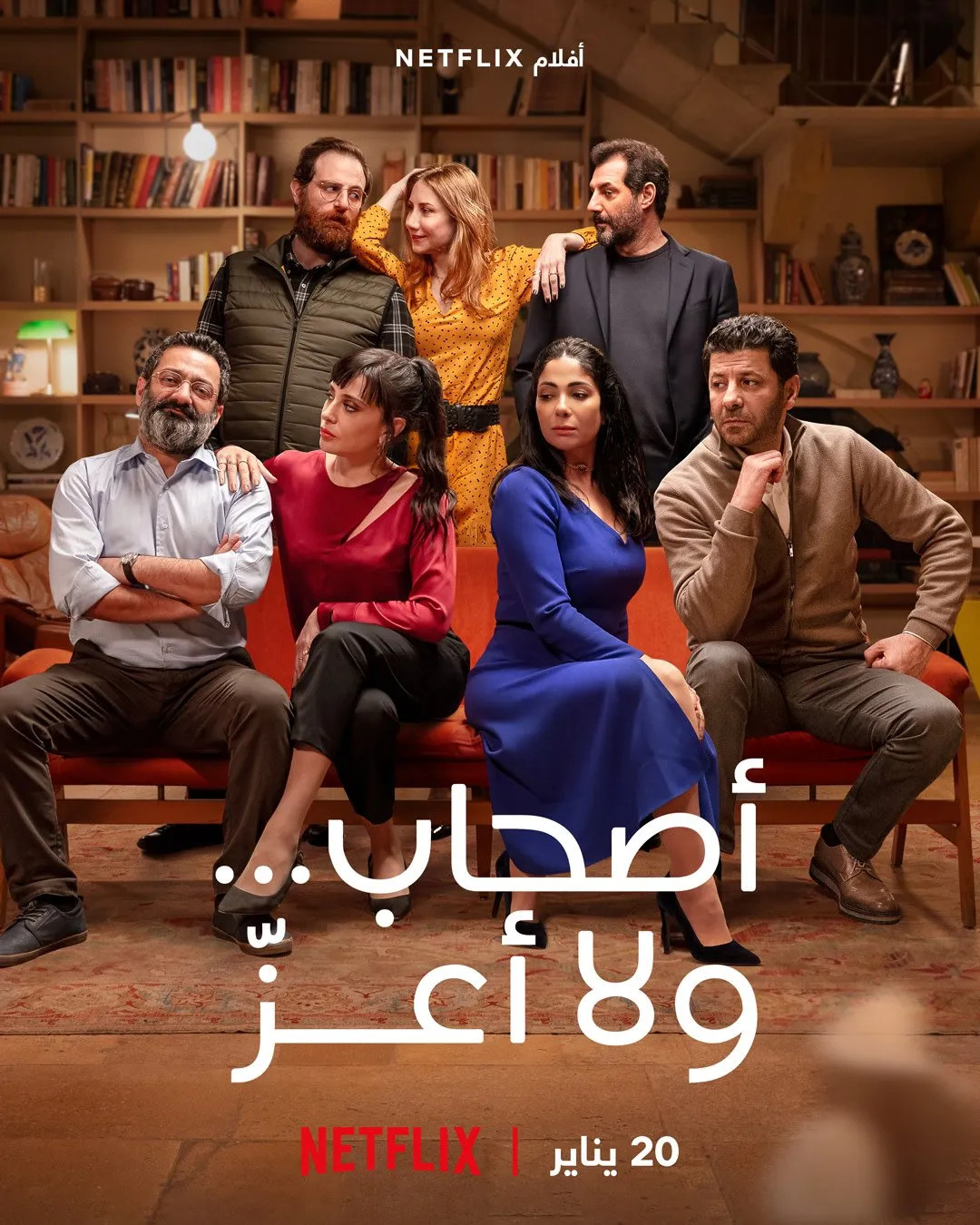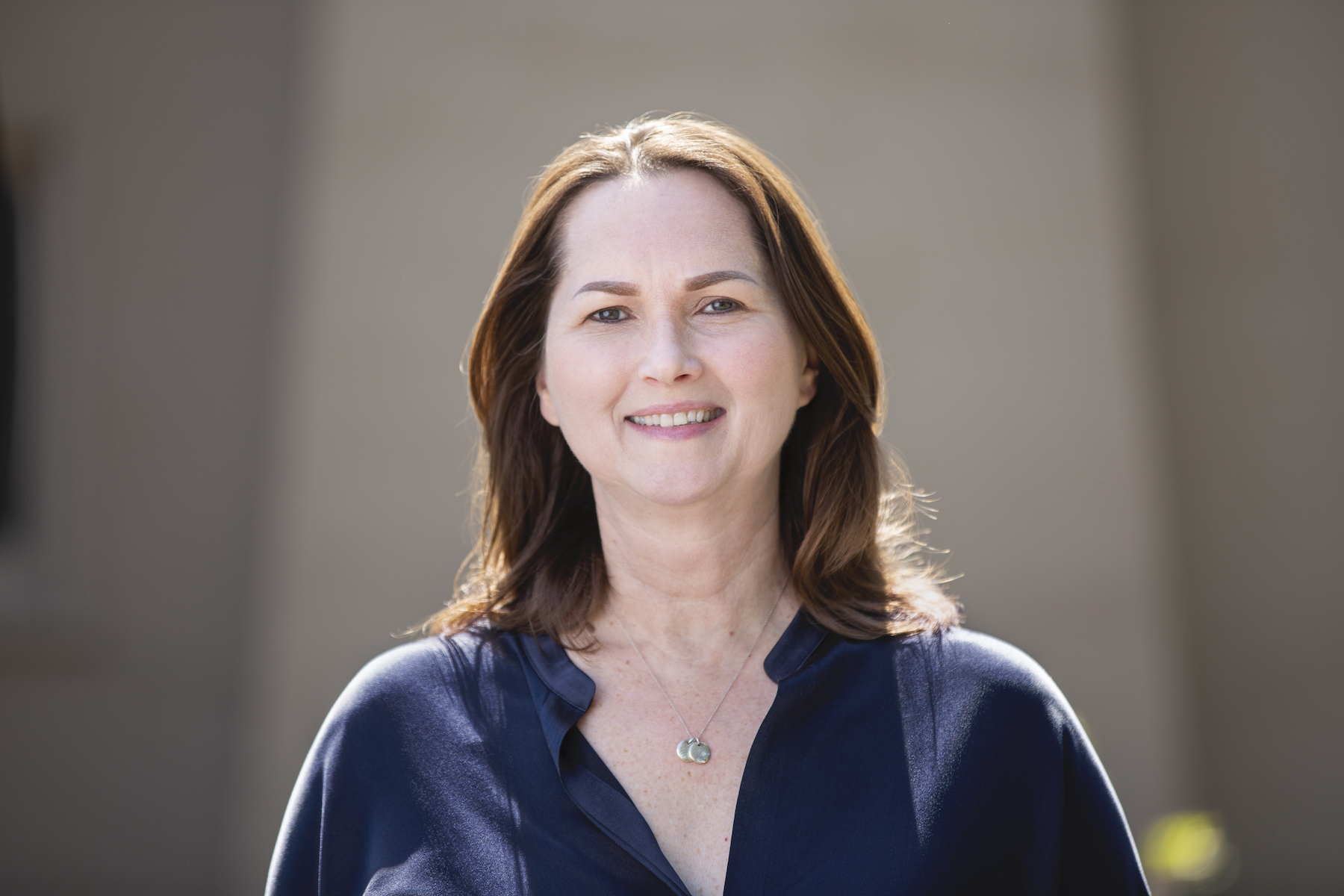How Content Culturalization Reduces Localization Headaches
Familiarity with local culture is crucial when conveying scene or dialogue nuance in the final product

The professional video industry's #1 source for news, trends and product and tech information. Sign up below.
You are now subscribed
Your newsletter sign-up was successful
During Netflix’s Q4 2021 earnings call, COO and Chief Product Officer Greg Peters revealed the company “subtitled 7 million run-time minutes in '21 and dubbed 5 million run-time minutes” of content to reach their 222 million subscribers worldwide. That’s 116,666 hours of subtitles and 83,333 hours of dubs they produced before releasing titles anywhere across their 192-territory footprint. That’s a massive undertaking.
Those familiar with the process know “subs and dubs” are done by separate teams of people simultaneously. These teams include translators, editors, proofreaders, managers, producers, quality control, and others responsible for ensuring stories are translated accurately into various languages and are appropriate in as many diverse cultures worldwide as possible.
Kudos to Netflix for investing in the content that requires localization and taking on the challenge of preparing it for global markets. Despite the popularity of “Squid Game” last year, inaccurate translations of stories can adversely impact the viewer’s experience. With that said, linguistic skills are only part of the equation. Familiarity with local culture is crucial when conveying scene or dialogue nuance in the final product. Still, not everyone has that knowledge, and issues are not always caught before a title is released.
Netflix’s remake of “Perfect Strangers” is an excellent example of how being aware of cultural or contextual issues can affect audience acceptance of a title. Released in the Middle East on January 20, the film immediately drew fire from many in the region. Because it included a gay character, some claimed critics felt the film promoted homosexuality and “moral degradation.” One Egyptian critic on Twitter said Netflix “has an agenda to spread ‘deviant ideas’ to ‘normalize false ideas.’”
The conflict ultimately led lawyers in Egypt to call for an outright ban of the film or face a lawsuit against the country’s Culture Ministry. In its story on the controversy, the Hollywood Reporter said, “few would have anticipated the immediate wave of controversy it would provoke.”
Given the history of cultural sensitivities and censorship in the Middle East to LGBTQIA+ and promiscuous sexual references, this controversy could have been anticipated. Awareness of these concerns in this and other markets is not as widespread as it needs to be despite dozens of examples. Improvements are necessary to incorporate what we call “culturalization” into the localization process.
Netflix now has to deal with the negative press and reputational hit as a company “that spreads poisons.” What does this mean for future titles Netflix wants to release in the region, and how willing will local regulators be to allow them to exhibit? From both a legal and marketing context, it’s better to know when problems may arise before they happen.
The professional video industry's #1 source for news, trends and product and tech information. Sign up below.
Unfamiliarity with local culture and customs may have been what Netflix CFO Spencer Neumann alluded to during their earnings call, “Entertainment is still fundamentally pretty local around the world. So, it's global and local, and we need to figure that out.” The good news is that tools and techniques are available to make localization more accurate, culturally respectful, and appropriate. It is easier to avoid being hit by the proverbial bus when you know the route.
Teresa Phillips is the Co-Founder and CEO of Spherex, a global entertainment technology and data company transforming how media and entertainment enterprises create, adapt and deliver film and television to audiences worldwide through AI and machine learning. With unmatched expertise in cultural adaptation, ratings, metadata and title monitoring, Spherex works with the world’s largest media companies, movie studios, networks, distributors and streamers to build larger audiences, speed up content discovery, drive more video views and generate higher revenue.

